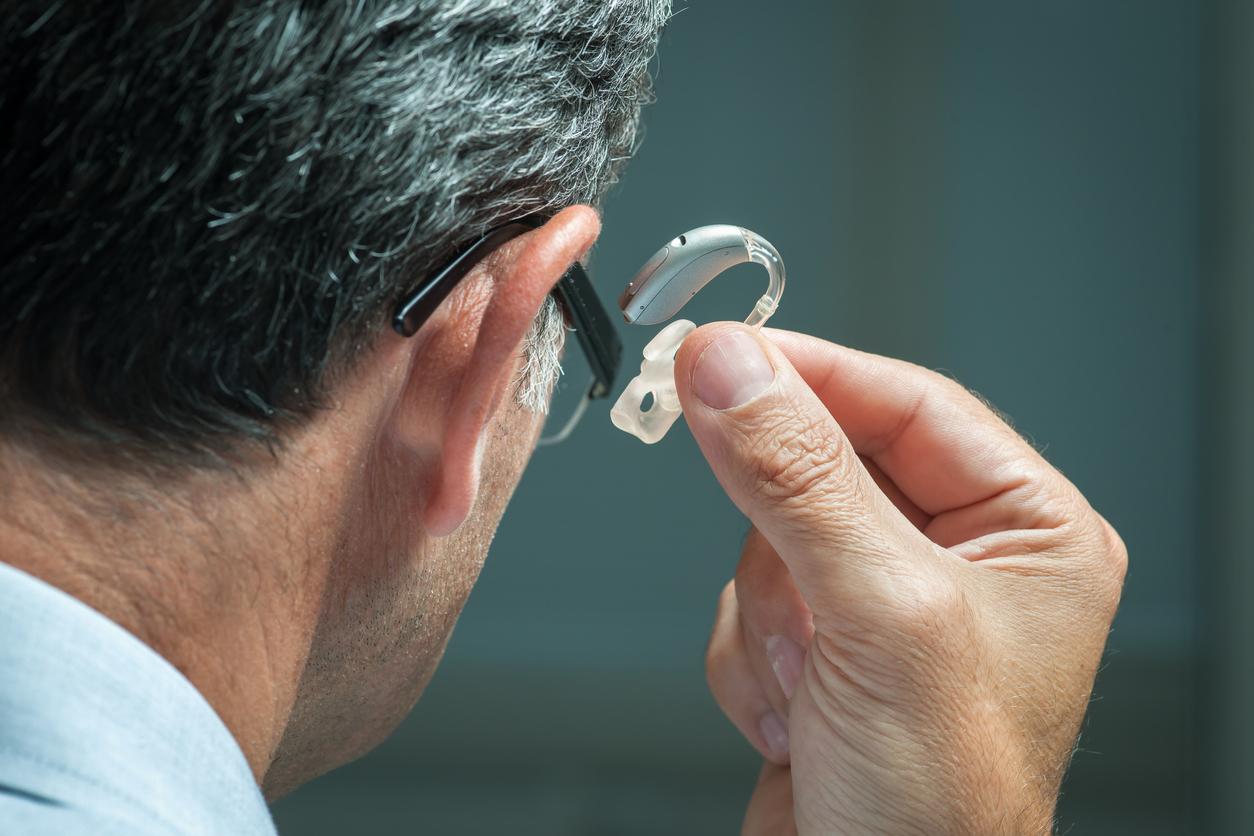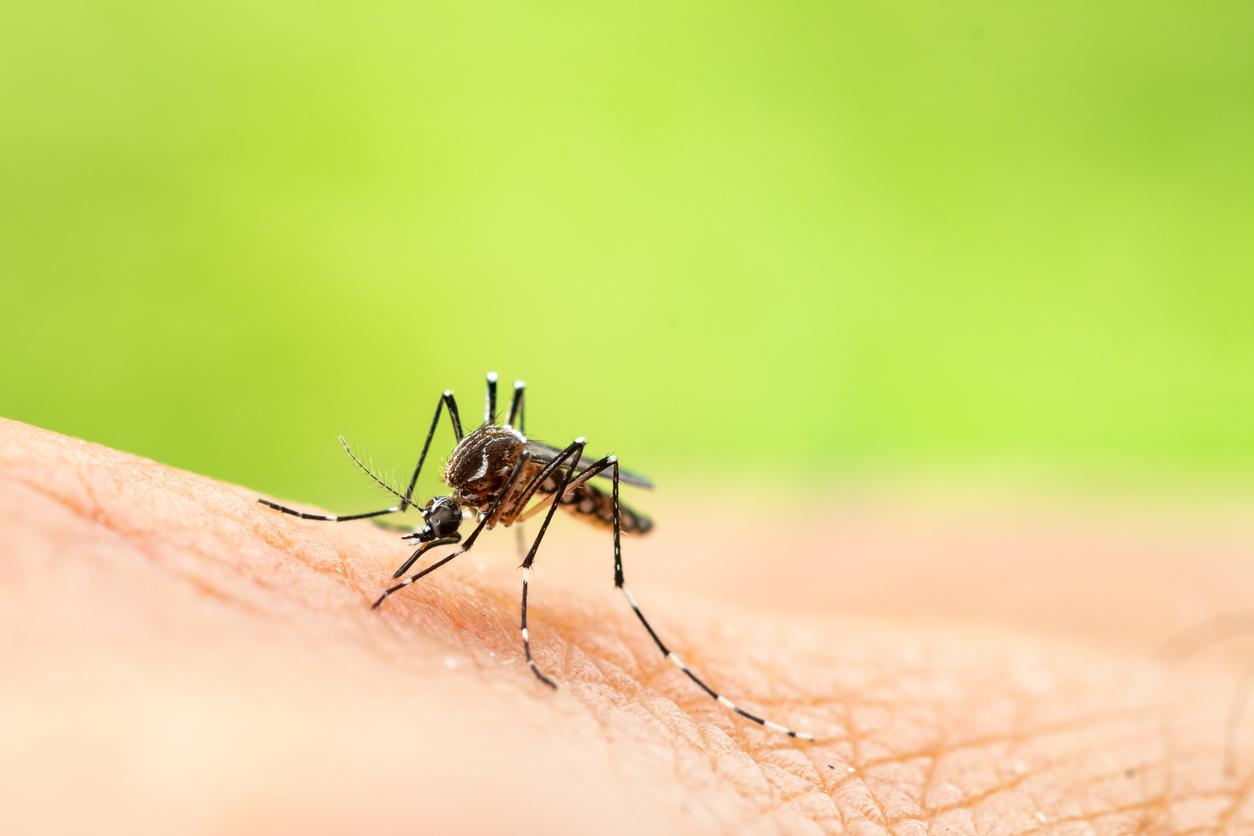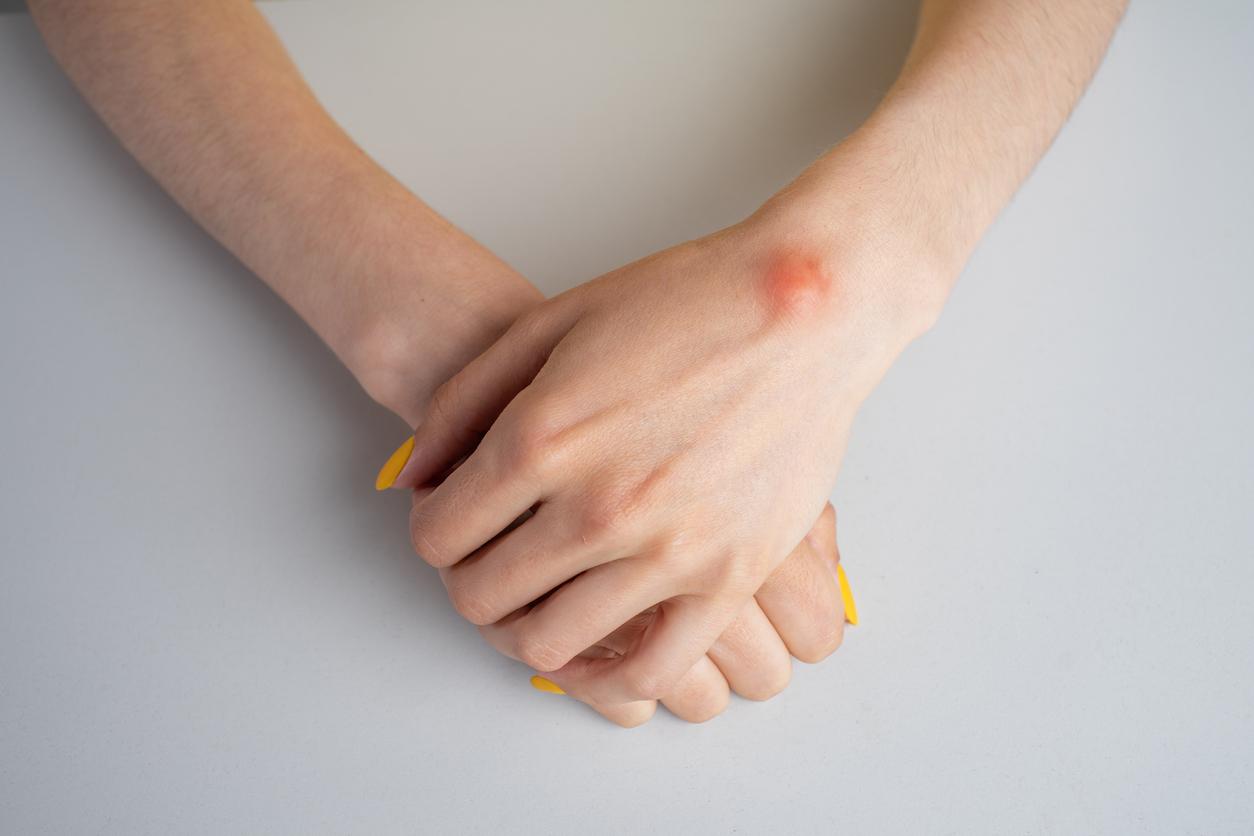The author of the hit “Ta Marinière” revealed that she had Ménière’s disease, which made her partially deaf.

- Nearly 2.5 billion people in the world, or one in four people, will suffer from hearing problems in 2050, according to a WHO report published on Tuesday March 2.
- Ménière’s disease most often appears around the age of 40 to 60, and affects slightly more women than men.
- In Europe and North America, the prevalence ranges from 1 in 1,000 people to 1 in 10,000, depending on the study.
The singer Hoshi, guest in C à vous on France 5 Tuesday April 13, 2021, confided in her deafness, noting that she had been affected for a long time by Ménière’s disease.
A truly daily struggle
“I had lost 28% of hearing until I signed my album. After that it was better and during the tour, I took another test, I’m at 40% of lost hearing. And more , I was discovered Ménière’s disease and that is a really daily battle because again this morning, I got up, I had dizziness because of the inner ear”, describes the artist. “It’s a bit hard to explain because there isn’t even a treatment that really exists. There are things to mitigate, but there you go. And it’s everyday and it’s hard because it’s It’s hard to explain, even for the people around us, because it can’t be seen. It’s like a child in pain who can’t say because he can’t speak, well that’s a bit like that. I don’t feel very often, what…”, testifies Hoshi.
Dizziness and tinnitus
According to the surdi.info website, Ménière’s disease is characterized by the association of decreased hearing (hypoacusis), dizziness and tinnitus. These three symptoms appear during attacks of varying intensity and duration (from a few minutes to a few days). The crises are repeated over time and the symptoms can be found permanently or almost.
In France, nearly one in five French people aged 18 and over (16%) say they suffer from hearing problems, i.e. 8 million people, but less than half of them have hearing aids (41%).

.















